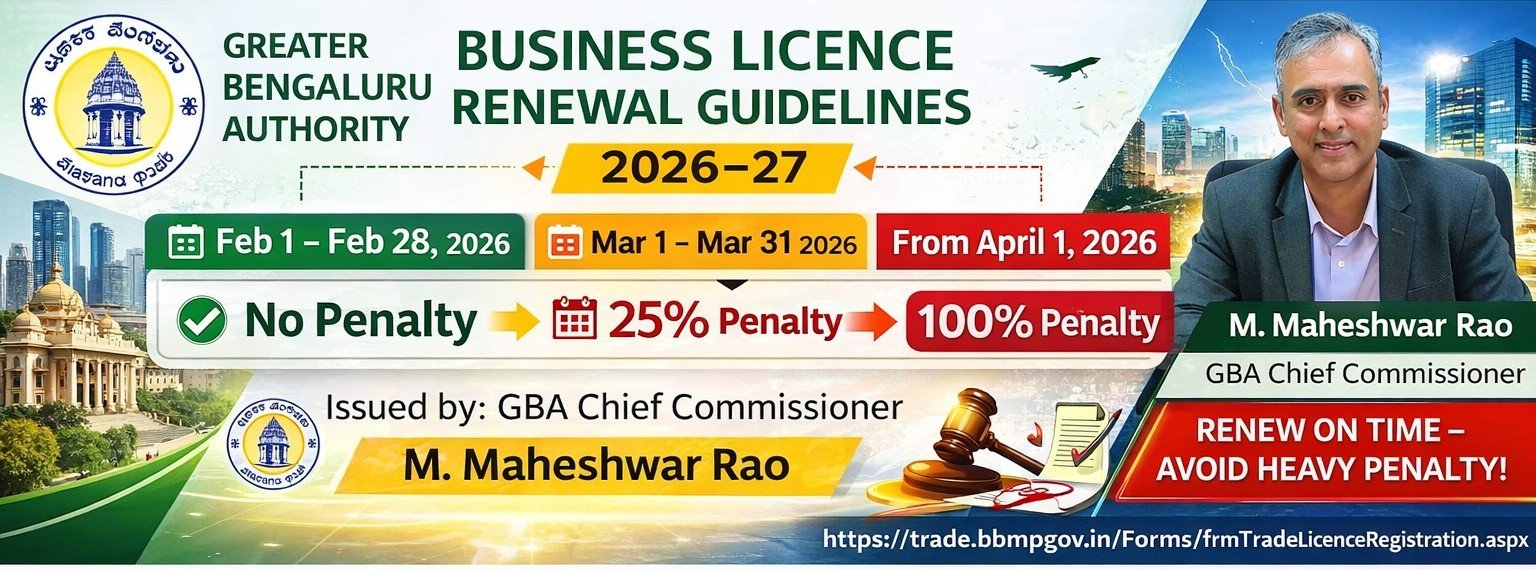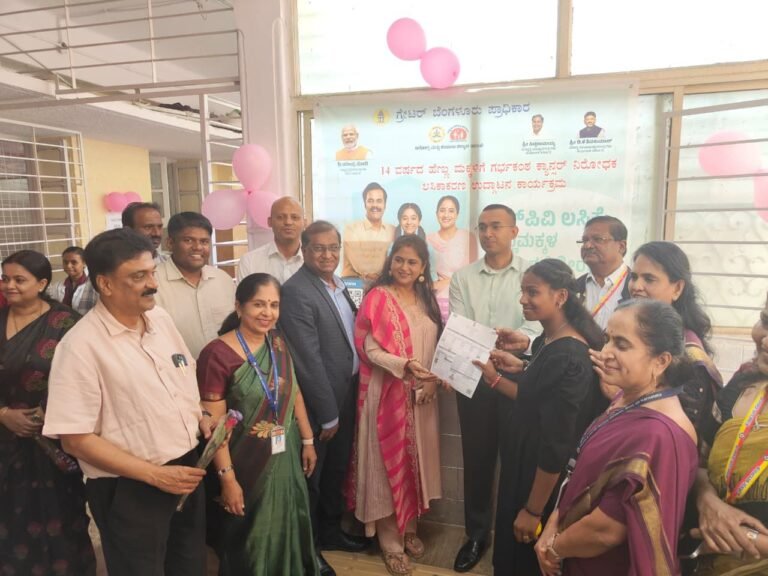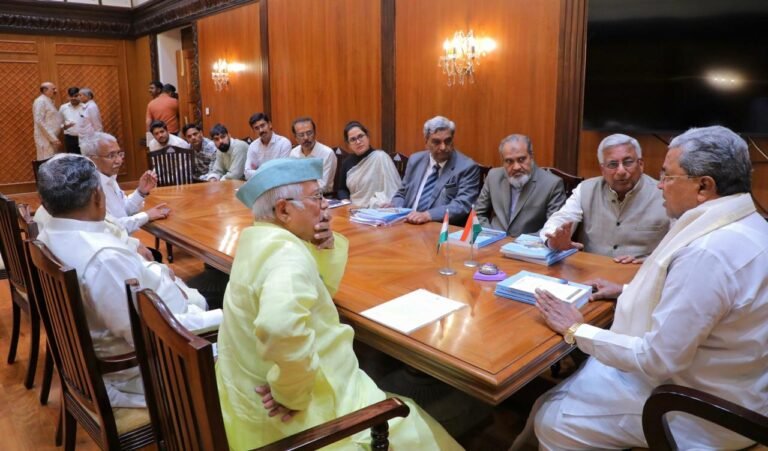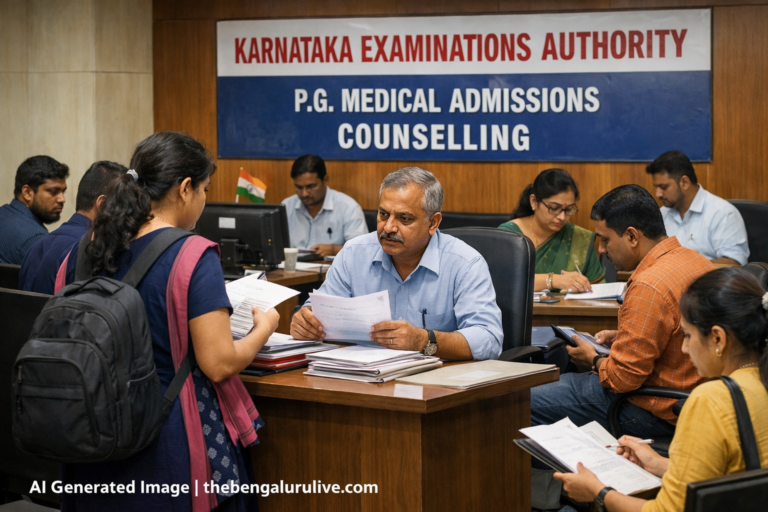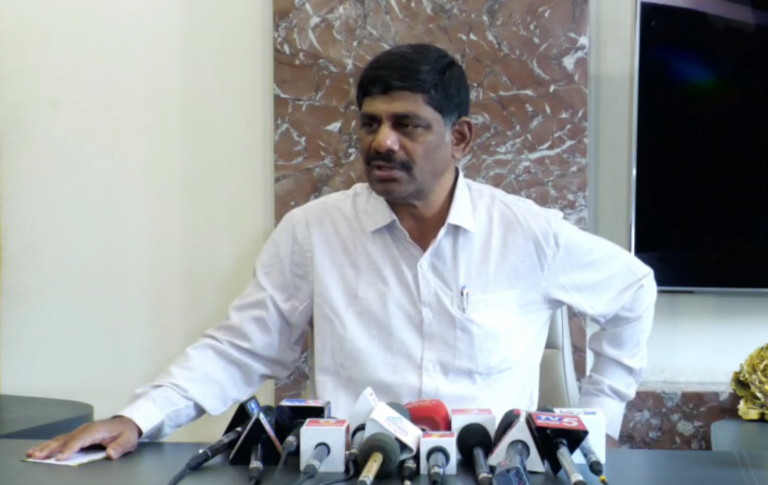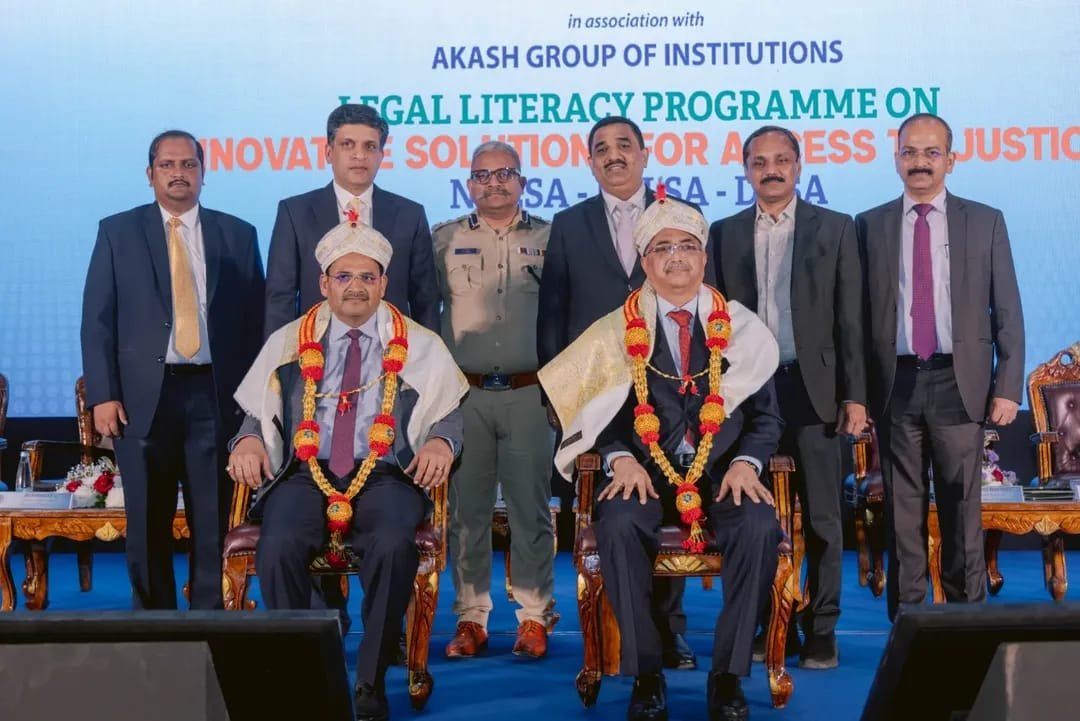
Supreme Court Judges Jitendra Kumar Maheshwari and Aravind Kumar highlight judicial innovation, social justice, and free legal aid during a legal literacy drive in Bengaluru Rural district.
Bengaluru Rural: Justice Jitendra Kumar Maheshwari of the Supreme Court of India has said that true justice is not about confrontation but about service to the people through fairness, equality, and compassion.
Speaking at a Legal Literacy and Awareness Programme on “Innovative Solutions in the Judicial System” at the Aakash Institute of Medical Sciences and Research Centre, Devanahalli, he emphasized that the judiciary’s core duty is to ensure timely and fair justice for all, especially for the poor, women, children, and marginalized communities.
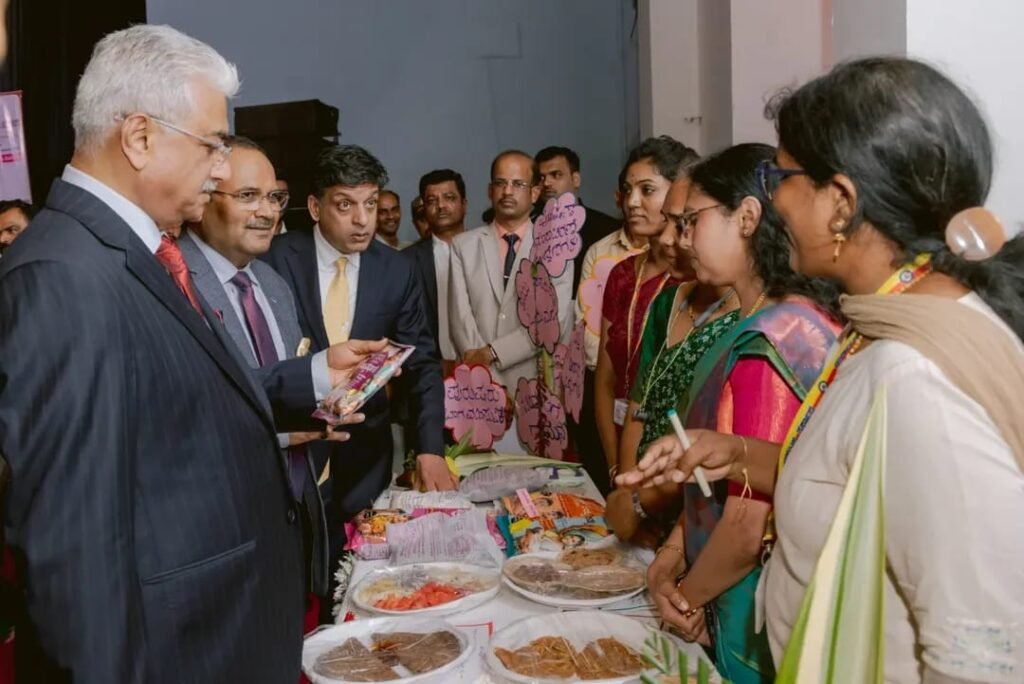
The event was jointly organized by the National Legal Services Authority (NALSA), Karnataka State Legal Services Authority, District Legal Services Authority (Bengaluru Rural), and the district administration, with the support of Aakash Medical College.
“Justice is not a struggle — it is service to humanity. Every citizen must understand the law, their duties, and their rights. The law guarantees equal opportunity to all, and courts are committed to protecting that equality,” Justice Maheshwari said.
“Social Justice Must Begin with Awareness”
Justice Maheshwari underlined that social harmony depends on citizens being aware of their rights, equality, and responsibilities.
“Removing inequality, preserving diversity, ensuring equal opportunity, and protecting rights are our shared responsibilities. Awareness is the foundation of justice,” he added.
Highlighting the need for accessibility, the judge pointed out that citizens with an annual income below ₹3 lakh are entitled to free legal assistance under the Legal Services Authorities Act.
He said that education and awareness are the best tools to empower society and make justice reachable to every household.
Judiciary Embracing Innovation: Justice Aravind Kumar
Presiding over the session, Supreme Court Judge Aravind Kumar said the Indian judiciary is rapidly adapting technological reforms to make justice faster and more transparent.
“During the COVID-19 pandemic, we used digital platforms to conduct Lok Adalats remotely, settling more than 1.59 lakh cases online. This proves technology can bridge the gap between citizens and courts,” Justice Aravind Kumar observed.
He noted that the Karnataka State Legal Services Authority ranks first in India in terms of case disposal through Lok Adalats and alternative dispute mechanisms, reflecting the state’s commitment to legal innovation and efficiency.
The programme was attended by Advocate General Shashi Kiran Shetty, High Court Registrar General K.S. Bharat Kumar, Deputy Commissioner A.B. Basavaraju, Superintendent of Police C.K. Baba, Senior Civil Judge Shaila Bhimasen Bagadi, and several students and legal professionals.
ಇದನ್ನು ಓದಿ: Justice is a service to the masses: ನ್ಯಾಯ ಎನ್ನುವುದು ಸಂಘರ್ಷ ಅಲ್ಲ ಬದಲಾಗಿ ಜನಸಾಮಾನ್ಯರಿಗೆ ಸೇವೆ ಒಗಿಸುವುದೇ ನ್ಯಾಯ
The conference sent a strong message that justice is not confined to courtrooms — it must reach citizens where they live. The focus on innovation, legal literacy, and social equity showcased a judiciary striving to become more accessible, compassionate, and people-centric.

